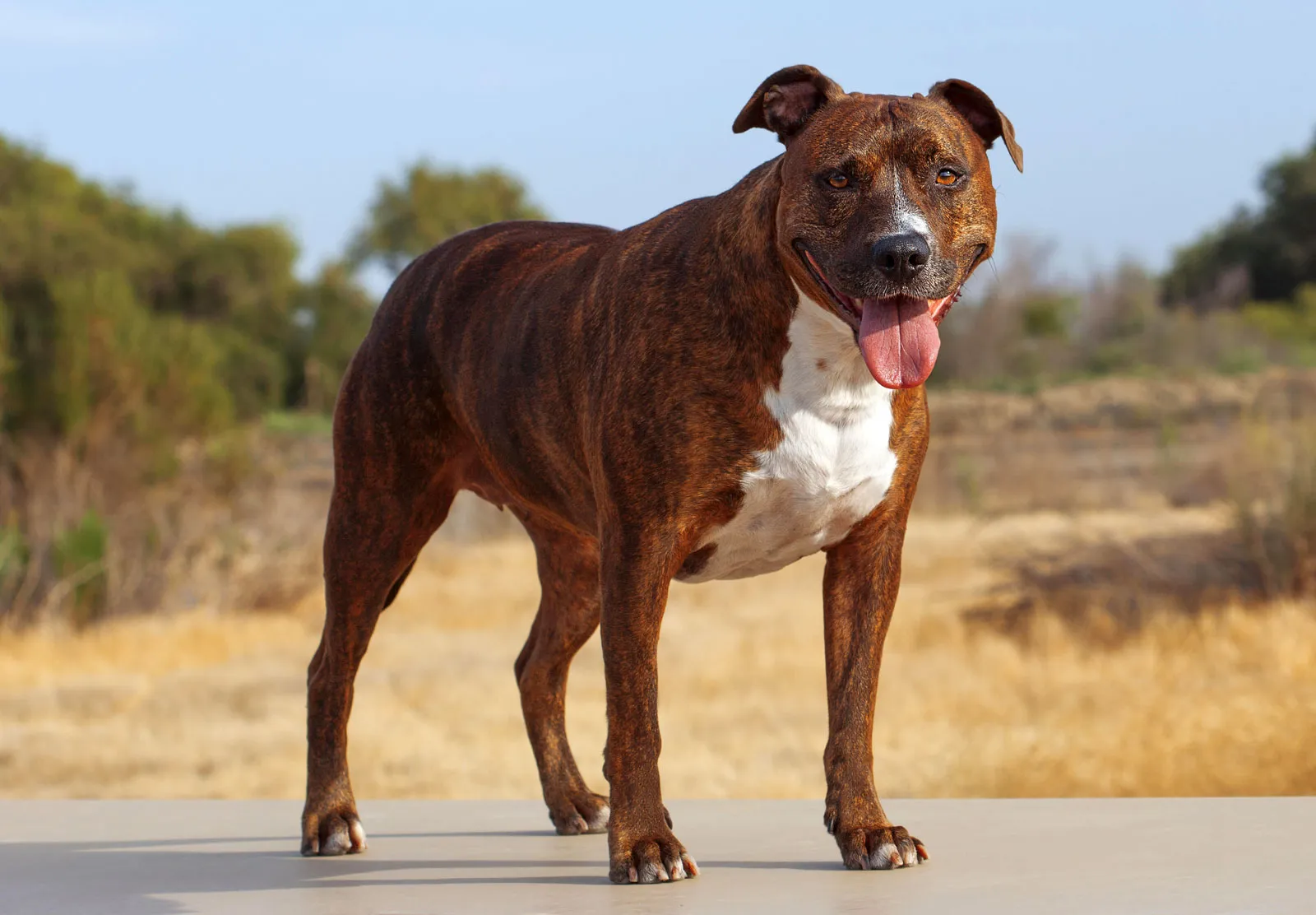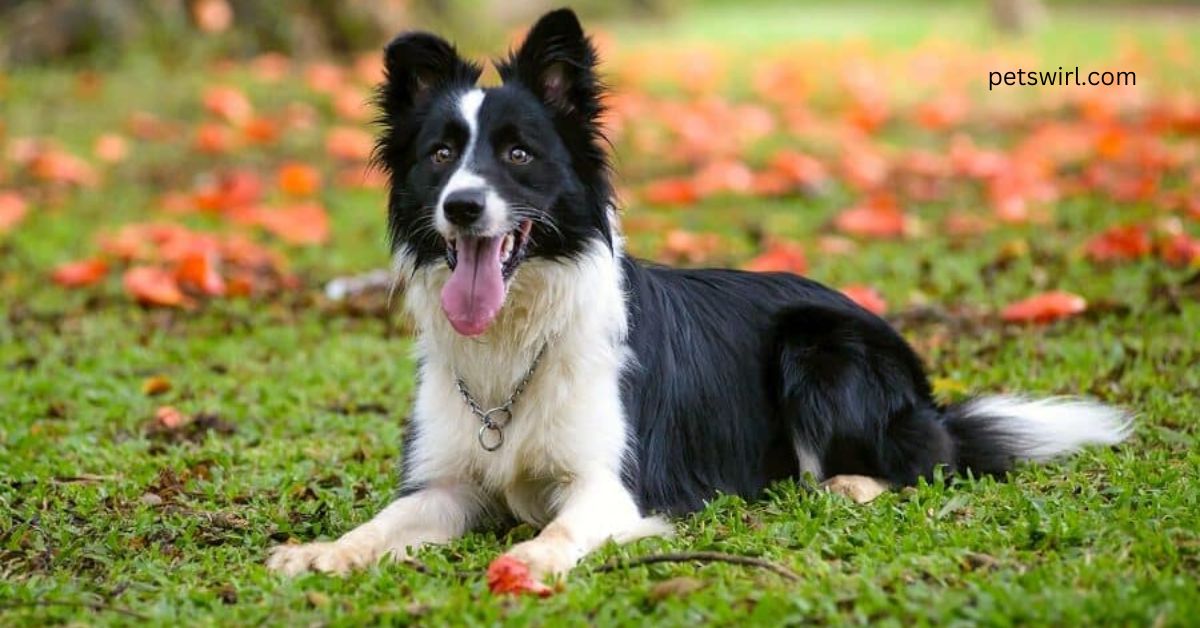The Pit Bull Dog is a breed that often finds itself at the center of intense discussions about dog behavior and ownership. Known for their strength, loyalty, and affectionate nature, these dogs have been both adored and misunderstood. In this article, we will explore the history, characteristics, common misconceptions, and care needs associated with this remarkable breed.
A Brief History of the Pit Bull Dog
The origins of this Dog can be traced back to 19th-century England, where they were bred from bulldogs and terriers. Originally created for bull-baiting, this breed transitioned to working alongside farmers in America as their primary purpose changed with societal norms. When bull-baiting was outlawed in 1835, these dogs were repurposed for a variety of roles, including farm work and as loyal companions.
As immigrants brought the breed to the United States, this Dog quickly gained popularity. They became known for their courage, intelligence, and loyalty, often serving as family pets and protectors. During World War I, the breed was even used as a mascot for American troops, further solidifying their place in history as loyal companions.
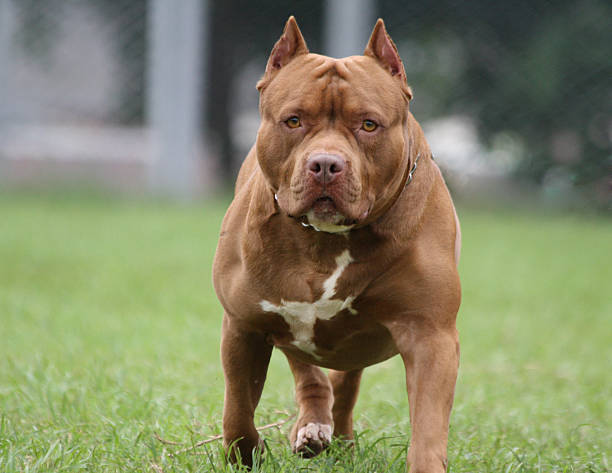
Characteristics of the Pit Bull Dog
The physical appearance of the Pit Bull Dog is striking. With a muscular build, broad head, and strong jaws, they convey a sense of power and agility. Their short coat comes in various colors and patterns, making each dog unique. Despite their tough exterior, many people find that the breed is often gentle and affectionate.
In terms of temperament, the Pit Bull Dog is known for being friendly, energetic, and eager to please. These dogs thrive on human interaction and are highly trainable when given the proper guidance. They are often described as social and loving, making them excellent family pets. Their intelligence allows them to excel in various canine sports and activities, including agility, obedience, and even therapy work.
Common Misconceptions About the Pit Bull Dog
One of the most significant challenges facing the Pit Bull Dog is the stigma that surrounds them. Many people believe that these dogs are inherently aggressive or dangerous. However, this misconception is rooted in fear rather than facts. Studies have shown that aggression in dogs is influenced more by upbringing, training, and socialization than by breed alone.
The media has often sensationalized incidents involving the breed, leading to a skewed perception. In reality, a well-socialized and trained Pit Bull Dog can be one of the most affectionate and loyal companions a person can have. They are known to be great with children and often form strong bonds with their families.
The Importance of Socialization and Training
Socialization is crucial for any dog, especially for the Pit Bull Dog. Exposing these dogs to a variety of environments, people, and other animals at an early age can help them develop into well-rounded adults. Proper socialization can prevent fear-based reactions and aggression, allowing them to feel comfortable in different situations.
Training is equally important. Positive reinforcement techniques are the most effective way to train a Pit Bull Dog. Using rewards such as treats, praise, and playtime can help reinforce good behavior and strengthen the bond between dog and owner. Basic obedience training should be a priority, as it provides essential skills for everyday life and ensures a harmonious relationship.
Care and Maintenance of the Pit Bull Dog
Caring for a Pit Bull Dog involves several key components. Grooming is relatively straightforward, as their short coat requires minimal maintenance. Regular brushing will help remove loose hair and keep their coat healthy. Additionally, owners should check their ears for dirt or wax buildup and trim their nails regularly to prevent discomfort.
Exercise is one of the most important aspects of care for a Pit Bull Dog. These dogs are energetic and require daily physical activity to stay happy and healthy. Activities such as walking, running, and playing fetch can help satisfy their energy needs. Mental stimulation is equally important, so incorporating puzzle toys and training exercises can keep their minds sharp.
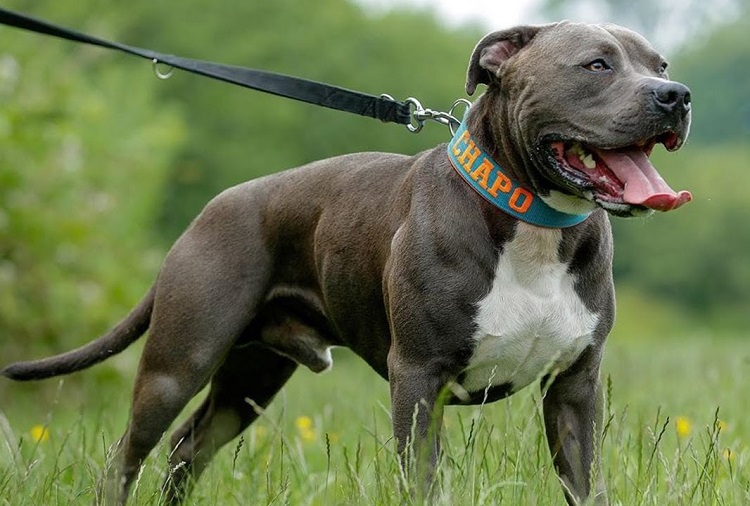
Nutrition for the Pit Bull Dog
A balanced diet is essential for the overall health and well-being of the Pit Bull Dog. High-quality commercial dog food that meets their nutritional needs is recommended. It’s important to choose a diet rich in protein, healthy fats, and essential vitamins and minerals. Consulting with a veterinarian can help determine the best dietary plan based on the dog’s age, weight, and activity level.
Legal Issues and Breed-Specific Legislation
Unfortunately, the Pit Bull Dog often faces legal challenges due to breed-specific legislation (BSL). Many cities and states have laws that restrict or ban the ownership of this breed, often based on misconceptions about their behavior. These laws can result in increased shelter intakes and euthanasia rates for dogs of this breed.
Advocates for the breed argue that responsible ownership and proper training are more effective in preventing dog-related incidents than banning specific breeds. Education and awareness campaigns can help inform the public about the true nature of the Pit Bull Dog, emphasizing that aggression is not inherent to the breed but rather a result of environmental factors.
Finding the Right Pit Bull Dog for You
For those considering adding a Pit Bull Dog to their family, adoption is a fantastic option. Many of these dogs are in shelters and need loving homes. When adopting, it’s essential to choose a reputable shelter or rescue organization that understands the breed and can provide guidance on training and care.
Potential owners should consider their lifestyle and ability to meet the needs of an energetic dog. Regular exercise, training, and socialization are crucial for a happy and well-adjusted pet. It’s also important to be prepared for the commitment that comes with dog ownership.
The Benefits of Owning a Pit Bull Dog
Owning a Pit Bull Dog can be a rewarding experience. Their loyalty and affection make them loving companions, and their intelligence allows them to excel in training. Many owners find that these dogs form strong bonds with their families and are eager to please.
Additionally, the breed’s playful nature makes them great for families with children. They can be incredibly gentle and protective, often serving as a child’s best friend. With the right training and socialization, they can thrive in various settings, from bustling households to quieter environments.
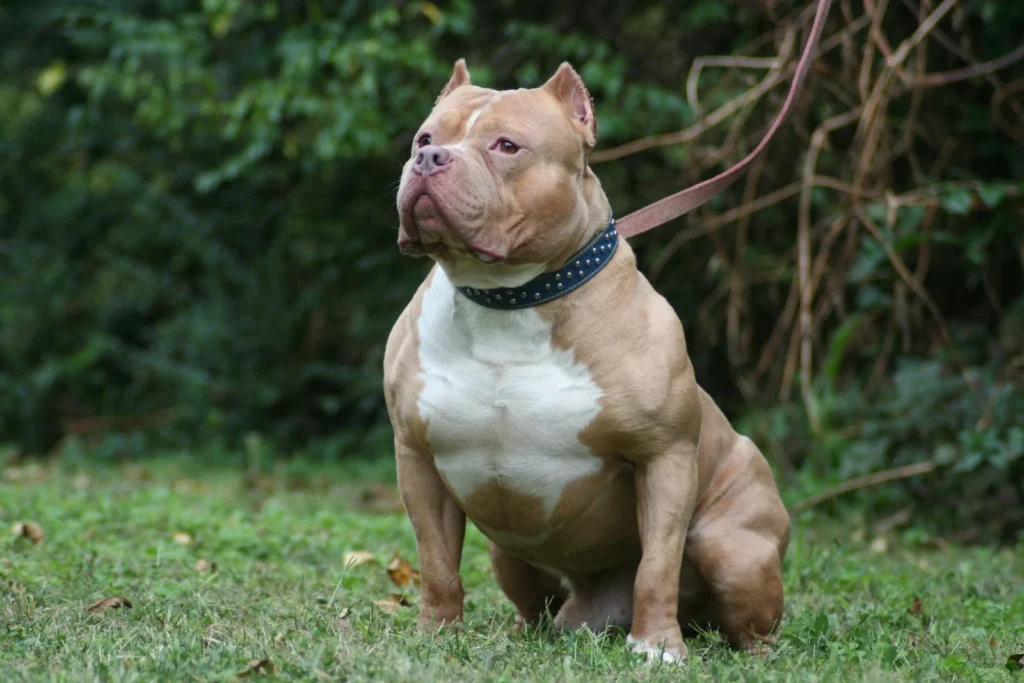
Conclusion
The Pit Bull Dog is a breed rich in history and characterized by loyalty, intelligence, and affection. Despite the misconceptions that surround them, these dogs can be wonderful companions when raised in loving and responsible environments. By understanding their history, temperament, and care needs, potential owners can make informed decisions about adding this breed to their families.
As advocates work to challenge the stigma surrounding the breed, it is essential to promote responsible ownership and education. With proper training and socialization, the Pit Bull Dog can prove to be an invaluable addition to any household, providing love and companionship for years to come.
Also read: Hypoallergenic Dogs

